A 33-story, 137-meter-tall office building under construction for Thailand’s National Audit Office, which had already been topped out, collapsed in a matter of seconds, turning into a pile of rubble. (Video screenshot)
[People News] On the 28th, a 7.7-magnitude earthquake in Myanmar triggered a major building collapse that has been widely shared online, drawing public attention. The incident occurred thousands of kilometers away in Thailand, where a 33-story, 137-meter-tall office building under construction for the Thailand National Audit Office, which had already been topped out, collapsed within seconds, reducing it to ruins. As of the 30th, nearly 100 workers have been reported dead, injured, or missing.
Reports indicate that the contractor responsible for this building was China Railway No. 10 Bureau Group (a Chinese state-owned enterprise). On April 2, 2024, the company posted an article on its official WeChat account, celebrating the successful topping-out of the building on March 31, 2024. The article stated that the construction had received "high praise from officials" and called the project a "flagship" for the company’s expansion into Thailand and a key stepping stone for entering the Southeast Asian market. The Chinese Communist Party (CCP) had even touted it as a "model overseas project". However, the celebratory article was deleted in the afternoon following the earthquake in Myanmar. Meanwhile, surrounding buildings in the area remained largely undamaged, sparking widespread ridicule online about China’s infamous "tofu-dreg projects" being exported abroad. Even Hu Xijin, former editor of China’s Global Times and a well-known pro-CCP commentator, posted on Weibo, stating: "This collapsed building will surely face investigations into its design and quality." However, his post was quickly deleted as well.
This incident brings to mind the mass building and bridge collapses seen in China during earthquakes, including the recent earthquake in Tibet earlier this year, as well as previous disasters like the Ya’an earthquake and the 2008 Wenchuan earthquake. In contrast, Japan, Taiwan, South Korea, and the United States, despite experiencing earthquakes of similar magnitudes, suffer far fewer casualties and far less structural damage.
Recently, numerous deadly collapses caused by shoddy construction have occurred in China, leading to massive losses of life and property. Some notable examples include: January 7, 2024: A 6.8-magnitude earthquake in Dingri County, Tibet reportedly killed at least 126 people, injured 337, and caused over 27,000 homes to be damaged or destroyed. However, independent reports suggest the actual death toll could be dozens of times higher. May 1, 2023: A highway collapse on the Meizhou-Dabu Expressway in Guangzhou resulted in over 50 vehicles plunging into a ravine, killing more than 50 people. The highway, which was built just 10 years ago, had already experienced multiple collapses, but authorities ignored the warnings. Chongqing’s Qijiang Rainbow Bridge, which was only three years old, collapsed while a squad of armed police officers was marching across, killing 40 people.
Discussing China's rampant shoddy construction, former mainland journalist Zhao Lanjian remarked: "In China, 'tofu-dreg projects' shouldn’t even be called construction. Before they cause deaths, they are already murderous tools for profit."
He compared the 2008 Wenchuan earthquake in China to the 2010 Chile earthquake. The Chilean quake was 0.5 magnitude stronger, yet only 500 people died. The key difference? The two governments had vastly different building standards and accountability mechanisms.
Political analysts argue that China’s deep-rooted corruption is to blame. From the "Great Leap Forward" to Deng Xiaoping’s "Let some people get rich first" policy, the CCP has fostered a system that encourages greed and lawlessness. Key factors include: Government appointments are based on loyalty to superiors rather than competence; Lack of independent oversight; Rampant collusion between officials and businesses; The CCP’s authoritarian structure, which prioritizes power and profit over human life; Frequent subcontracting of construction projects, allowing corruption to flourish. Given these conditions, it is no surprise that China keeps producing dangerous "tofu-dreg" projects that cost countless lives.
Zhao Lanjian predicts that China’s obsession with reckless infrastructure development will result in even more catastrophic failures in the future: "When these shoddy projects collapse and cause mass casualties, the CCP simply uses the disasters as excuses to justify even more construction projects. Instead of being seen as a national disgrace, these disasters actually boost the careers of corrupt officials, because constant demolition and rebuilding help inflate their political achievements."
Under the CCP’s corrupt system, government officials and businesses openly commit crimes, including: Embezzling donations and relief funds during the pandemic; Monopolizing food and medical supplies; Selling defective vaccines; Covering up structural failures in construction projects. In China, even legal professionals and law enforcement turn a blind eye to corruption. Those who try to report wrongdoing or fight for their rights are instead persecuted. Zhao Lanjian explains: "Holding construction firms accountable or seeking justice is seen as a crime. Even just asking for the death toll of a disaster is considered illegal. The police and state security forces will immediately suppress anyone trying to investigate these issues."
On November 20, 2023, homeowners in Chongqing’s "Green Spring Bank" residential complex, which was built with shoddy materials, protested at the developer’s sales office. The police, instead of helping them, threatened to arrest them, warning: "Turn off your cameras, or we’ll detain you!" A netizen summed it up perfectly: "This proves that in China, ‘tofu-dreg projects’ are protected by the government."
The office building of the Thai Audit Office was still under construction when it was brought down by seismic waves originating a thousand miles away, which traversed numerous towns and buildings. Analysts attribute this incident to the 'tofu dreg projects' associated with the Chinese Communist Party, which are being exported through the 'Belt and Road Initiative.' Such projects are not exclusive to Thailand; reports from CNN and other international media indicate that on November 1, 2024, the roof of the Novi Sad train station in northern Serbia collapsed, resulting in at least 14 fatalities.
The train station had just completed a three-year reconstruction project in July 2024 when the roof collapsed. Serbian Minister of Construction, Tomislav Momirović, noted that the project was carried out by China Railway International Co., Ltd. (CRIC) and China Communications Construction Company (CCCC).
On June 26, 2017, the SIGIRI Bridge in Kenya, built by the Tenth Bureau of China Railway Group Co., Ltd., collapsed, injuring at least 27 individuals.
Current affairs commentator Li Linyi remarked that the recent collapse of the under-construction skyscraper in Bangkok represents yet another tragedy linked to the 'tofu dreg projects' of Chinese state-owned enterprises. The Chinese Communist Party is currently suppressing discussions domestically, but the negative repercussions abroad are likely to be substantial. It is anticipated that many countries will enhance their scrutiny of the quality of projects involving Chinese companies, which could impact the CCP's 'Belt and Road Initiative.'
Experts assert that the Chinese Communist Party (CCP) regime is fundamentally weak, likening it to a tiger made of tofu dregs, as it is founded on lies and coercion. They argue that if the Chinese people collectively engage in self-reflection with a sense of justice and selflessness, and choose to distance themselves from the regime, it will ultimately collapse. 'Without a robust lifelong accountability mechanism, China will perpetually face ongoing man-made disasters. If there is no revival of justice and conscience within humanity, the CCP will continue to manipulate lives at will, leading to China's downfall.' 'As long as the Communist Party persists, the Earth is at risk of explosion. The end of the party and the revival of the nation is a shared responsibility for all,' commented a netizen.

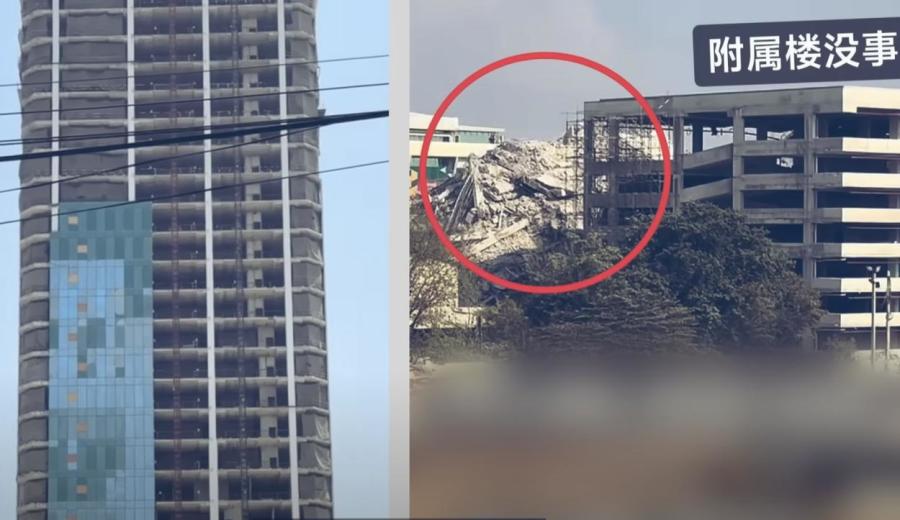
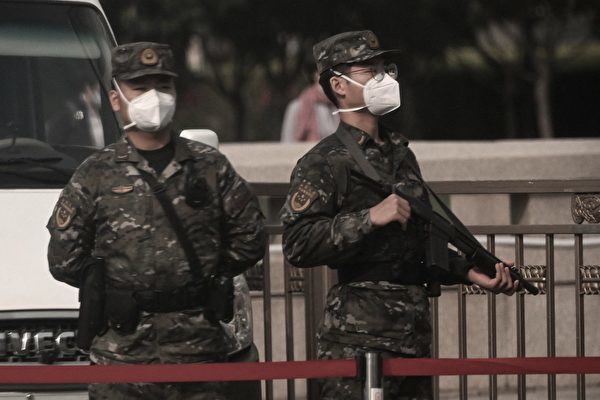

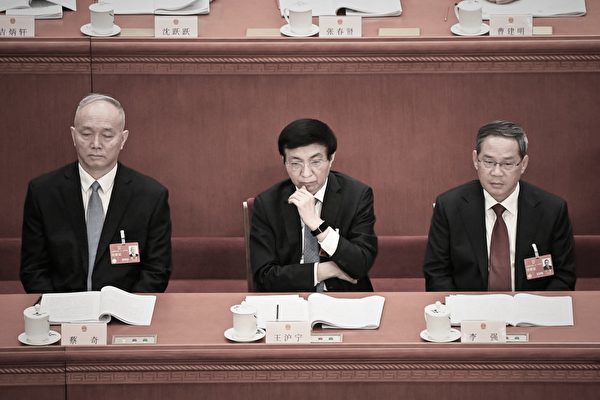

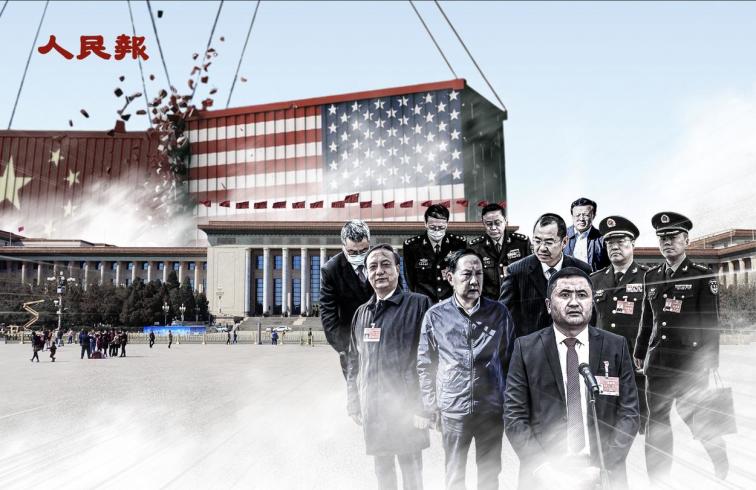

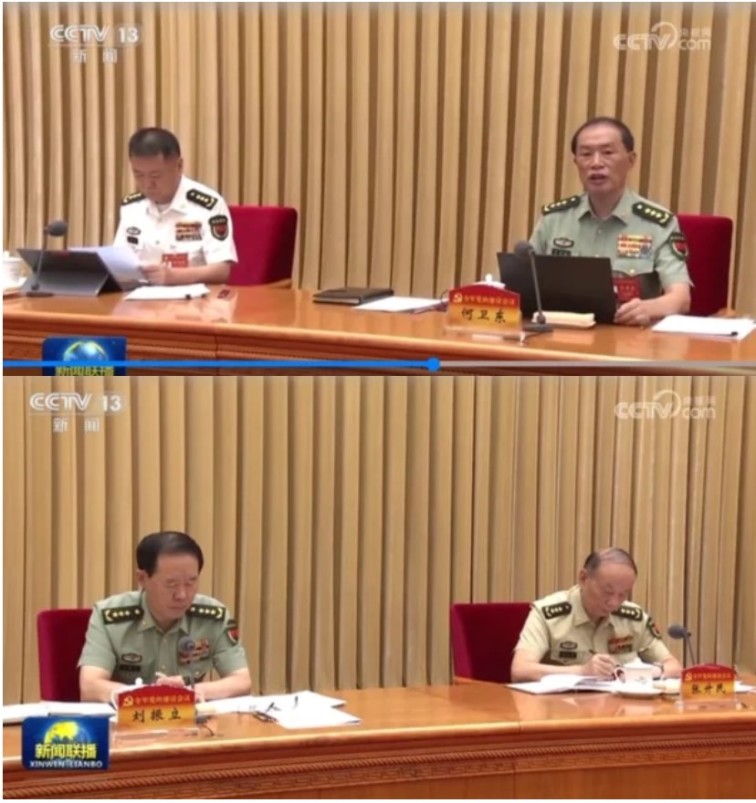
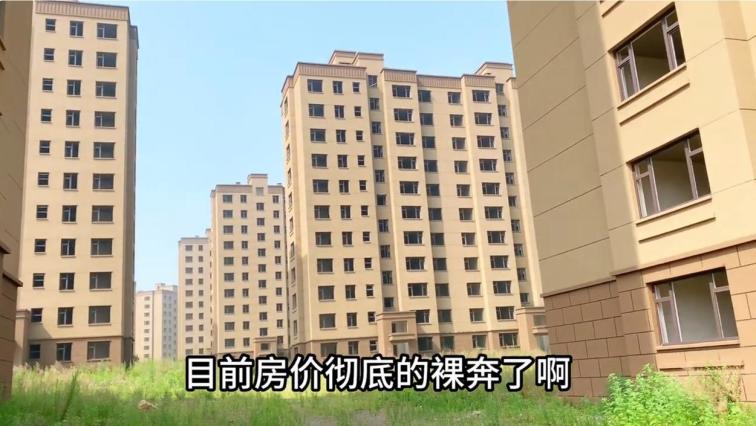

News magazine bootstrap themes!
I like this themes, fast loading and look profesional
Thank you Carlos!
You're welcome!
Please support me with give positive rating!
Yes Sure!